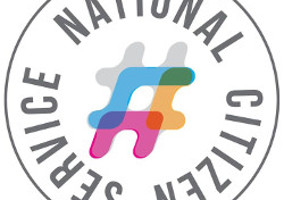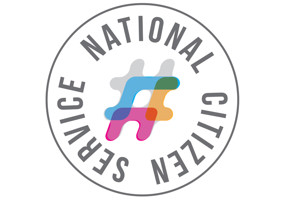Former Prime Minister David Cameron has been announced as the chair of patrons at the National Citizen Service Trust, as a bill to give the programme Royal Charter status was introduced to the House of Lords this week.
Cameron’s first role after politics is to chair the charity’s new panel of patrons, which will be a cross-sector and cross-party group of supporters of the NCS programme that will support the charity’s board and executive.
He said: “I am delighted that my first role in my life after politics is with National Citizen Service, the programme that I helped to establish as Prime Minister. As chairman of NCS Patrons, I look forward to bringing together a senior cross-party and diverse group of supporters to help NCS reach more young people and to have an even greater impact in doing so.
“NCS Patrons will come from every part of society, helping to embed NCS as a truly national institution. I look forward to further developing this special movement that is doing so much to build bridges across social divides and empowering young people with the resilience, the self-confidence and the creativity that can help them get on in life.”
NCS Bill introduced to Parliament
The first reading of the National Citizen Service Bill took place in the House of Lords yesterday as the government published the draft Royal Charter.
A Royal Charter incorporates an organisation, and offers it recognition as an eminent body, but has few other practical implications.
The bill will establish the relationship between the NCS Trust and Parliament to “ensure that the programme is delivered efficiently, effectively and transparently for the future”.
Michael Lynas, chief executive of the NCS Trust, speaking at NCVO’s All Party Parliamentary Group on Charities and Volunteering yesterday said that the charity planned to start sending every 16-year old a letter to let them know about the programme.
He hopes this will be a “more exciting right of passage”, than receiving National Insurance cards.
Lynas also said NCS Trust was looking to work with the “arts and business communities” to encourage take-up of the programme.
Keji Okewowo, participation consultant, also speaking at the APPG, warned that at the moment NCS was struggling to reach the most disadvantaged.
For example she said that young farmers often feel they “cannot afford to leave their farms” for a few weeks in the summer.
She also pointed out that by recruiting mainly in schools NCS was missing those who do not attend.
NCVO to coordinate voluntary sector input
NCVO has said the government should work more closely with the voluntary sector to create a culture of lifelong volunteering and said it is convening a group of charities to inform the debate.
Sir Stuart Etherington, chief executive of NCVO, said: “NCS has clearly made a big difference for lots of young people, empowering them to take action in their communities and helping them develop skills and experience which will be valuable throughout their lives.
“We think further collaboration with the voluntary sector could help it to make an even bigger difference.
“We will be coordinating a group of charities to inform the debate about NCS and the bill as it goes through parliament and we would like to hear from any organisations who would like to be involved in this process.”
Related articles












